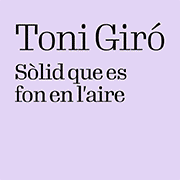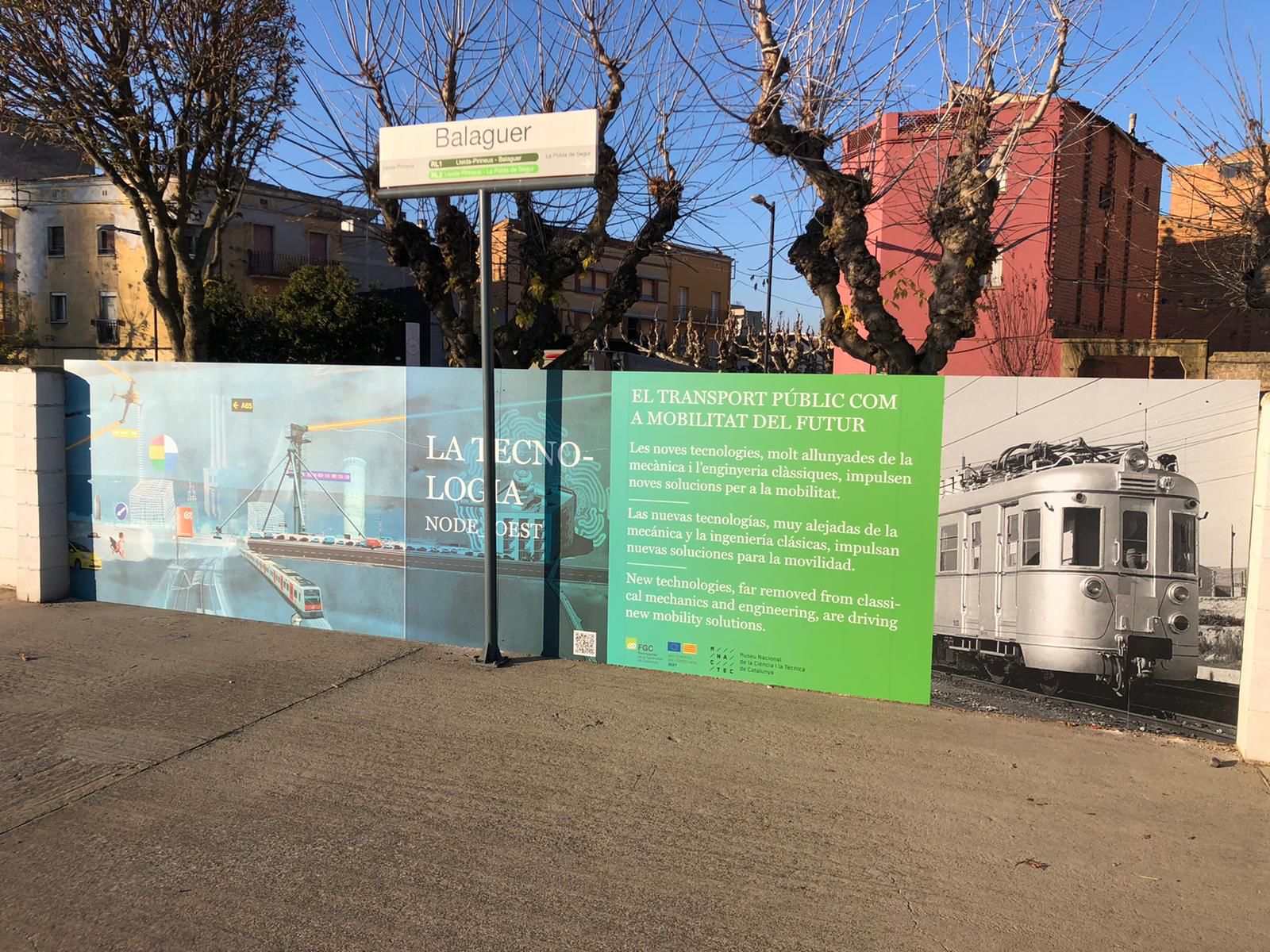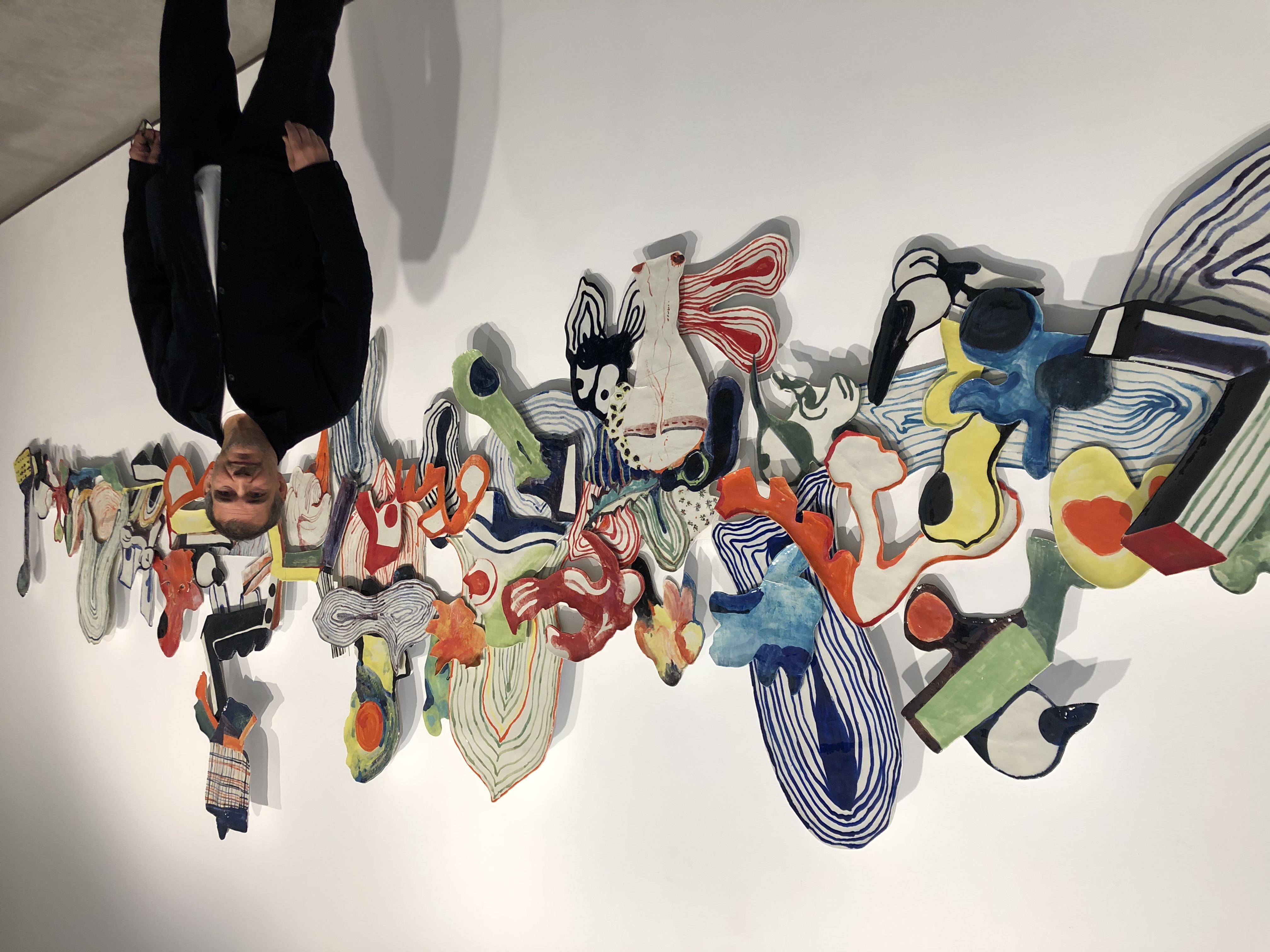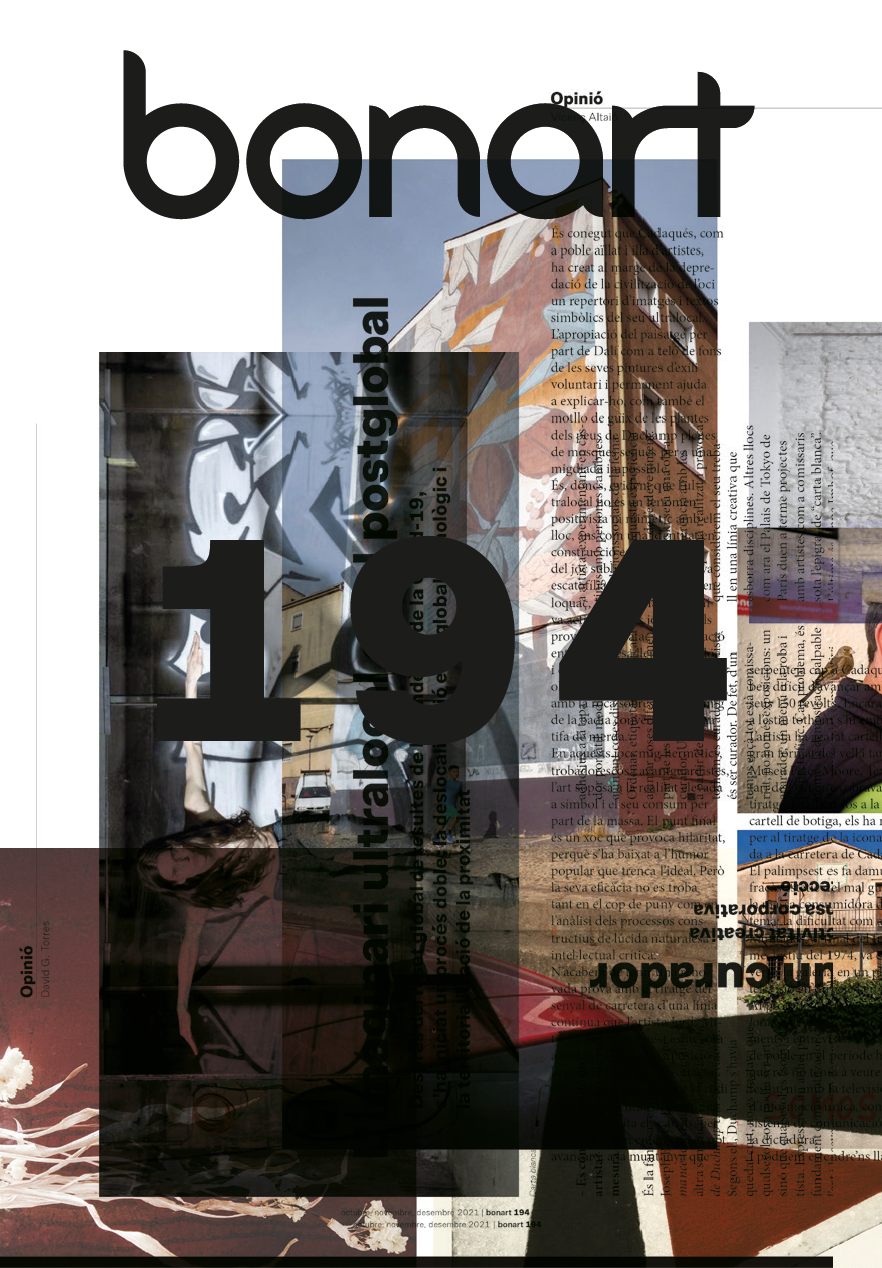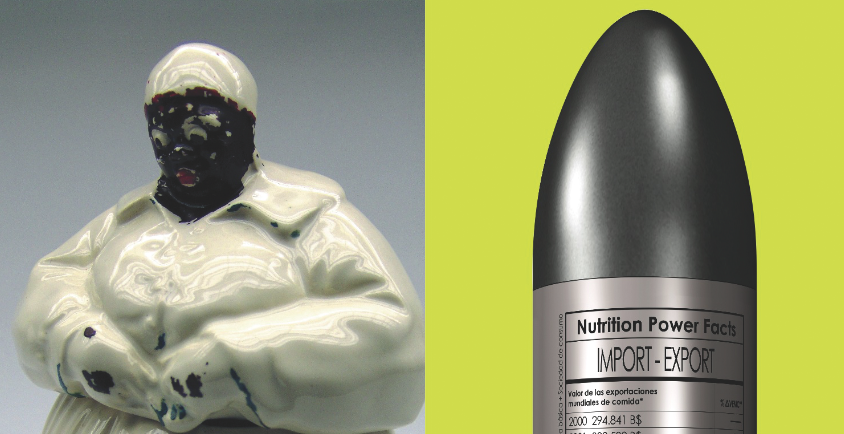News
A study by the "La Caixa" Foundation shows that obsolete laws determine the critical situation of the art sector
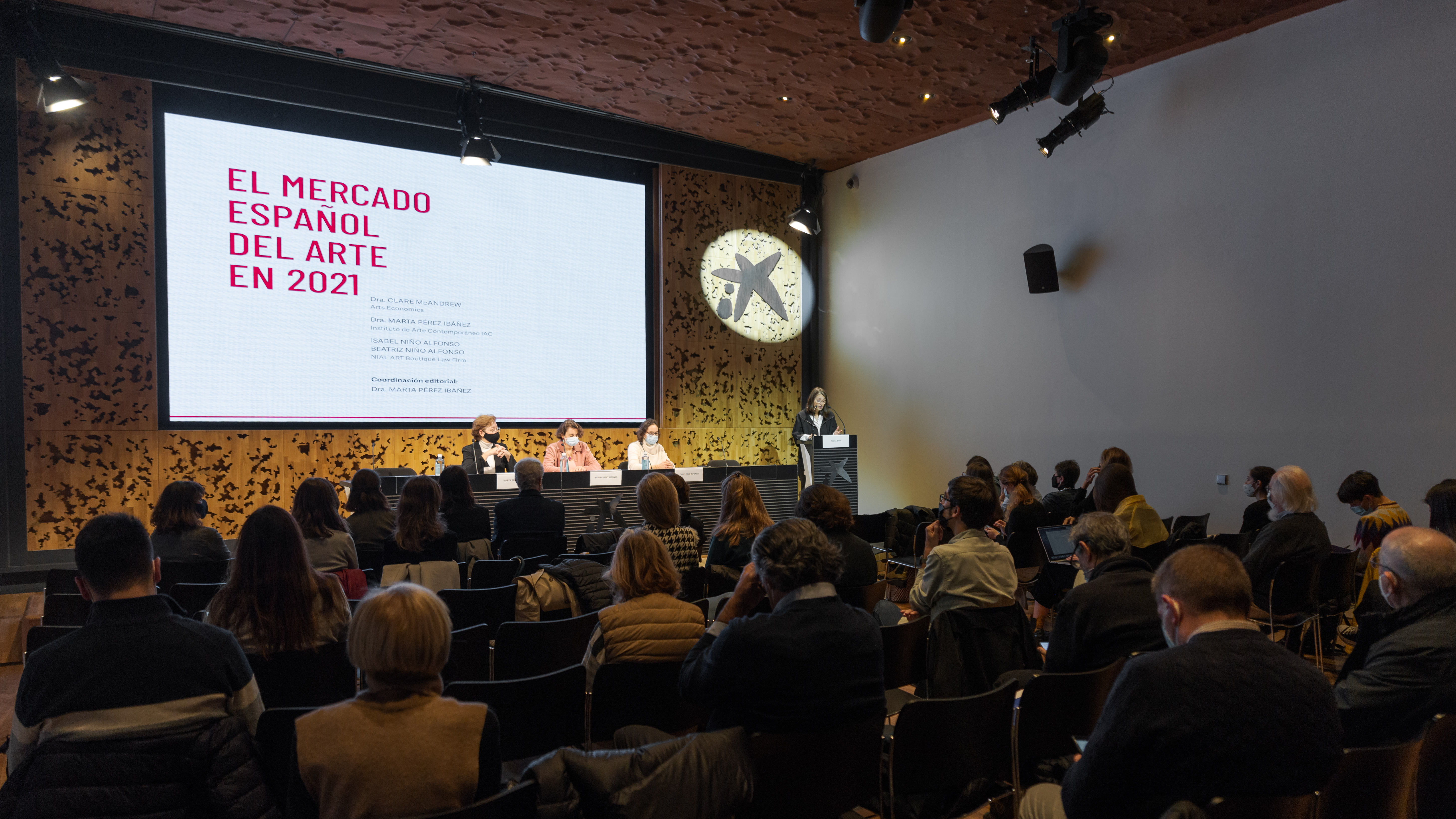
The "la Caixa" Foundation has just sponsored a devastating study entitled "The Spanish Art Market in 2021" on how obsolete laws governing the mechanisms of the art sector are one of the main reasons why it cannot thrive. It was something the industry knew and different reports in one way or another had been highlighted but now the report makes it clear. One of the most despised groups is that of artists and this is an unforgivable grievance for a country within the European framework.
In addition, for example, among the indicators should be highlighted that last year sales in the art sector fell to 2014 levels, with a fall of 37% compared to 2019, compared to 22% in global level. This loss has only been partially offset by the rise in online transactions: they doubled globally in 2020 and state galleries increased by 22%, compared to the 10% rise in online transactions. 2019.
The study also highlights that the Spanish market has performed better than other European markets during the decade 2011-2021. By 2019, the Spanish market had grown by 46% in value, surpassing France and the United Kingdom. With a market share of around 2%, Spain continued to rank fifth in the European Union in 2020, after the United Kingdom, France, Germany and Italy. But after Brexit, Spain becomes the fourth largest market in the EU with a share of 6%. Globally, Spain's market share was just under 1%.
The last three paragraphs of the document's conclusions clearly state this basic structural problem, obsolete regulation, as follows:
" It is undeniable that with COVID-19 the art sector has been in a very delicate situation, at the limit, but it is also undeniable that before the pandemic it was already. Not in vain, both the European Union and the The Government of Spain has urgently regulated various legislative measures to support the cultural and tax sector to deal with the economic and social impact of the pandemic.
These measures include the effective equality of women and men, extraordinary aid worth 1 million euros for the Promotion of Contemporary Art, the development of the Artist's Statute, strengthening of copyright and related rights, measures of conservation, restoration and enhancement of the Spanish cultural heritage on assets declared of Cultural Interest (BICs) or in terms of tax incentives for patronage for individuals, the deduction of 80% of the first 150 euros invested in a project, and 35% of the remaining amount.
However, all this is not enough. The Spanish art sector has been mired in a deep crisis for years, and part of it has its origins in the application of laws that do not adapt at all to the reality of the sector itself. There is a special maladaptation when we talk about artists , since in terms of work and Social Security they do not fit and they should have their own regulations that take into account their intrinsic specificities. Likewise, aspects related to the adequacy of VAT, personal income tax, IAE, union representation and health should be developed. "
The report also talks about the digital transformation and that Catalonia and Spain are not particularly at the forefront of this transformation. Blockchain technology, which promotes Smart contracts, is turning to the traditional problems of the sector, such as, for example, the protection of the authenticity and ownership of the parts, we are not yet taking advantage of these. In this sense appears, for its part, the cryptographic art or NFT art. And with all the impact it has generated, there are currently very few Spanish artists dedicated to it. The answer to this fact is probably due to the fact that there are several legal problems posed by these new technologies.
Commissioned by the Instituto de Arte Contemporáneo, the document has had the support of Ifema Madrid and ARCO and the writing has been done by Clare McAndrew (Arts Economics), Marta Pérez Ibánez (Instituto de Arte Contemporáneo IAC) and Isabel y Beatriz Niño (NIAL ART Boutique Law Firm).



